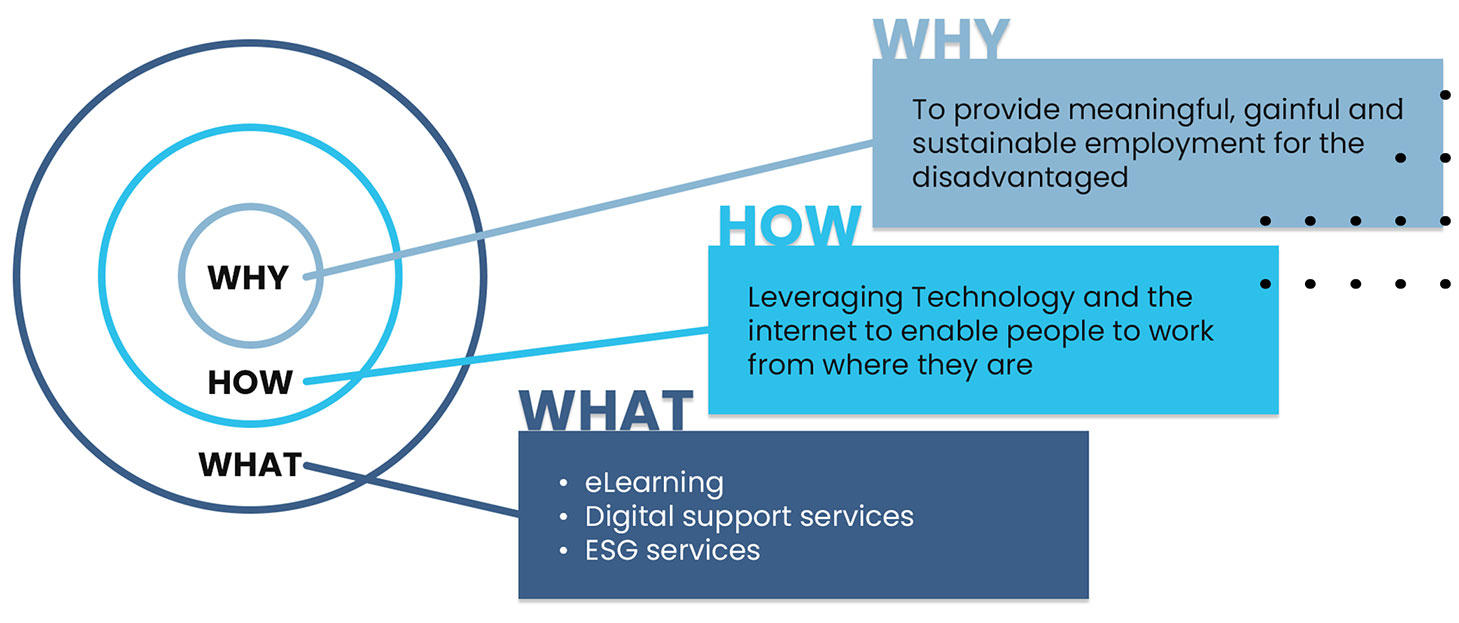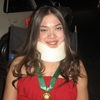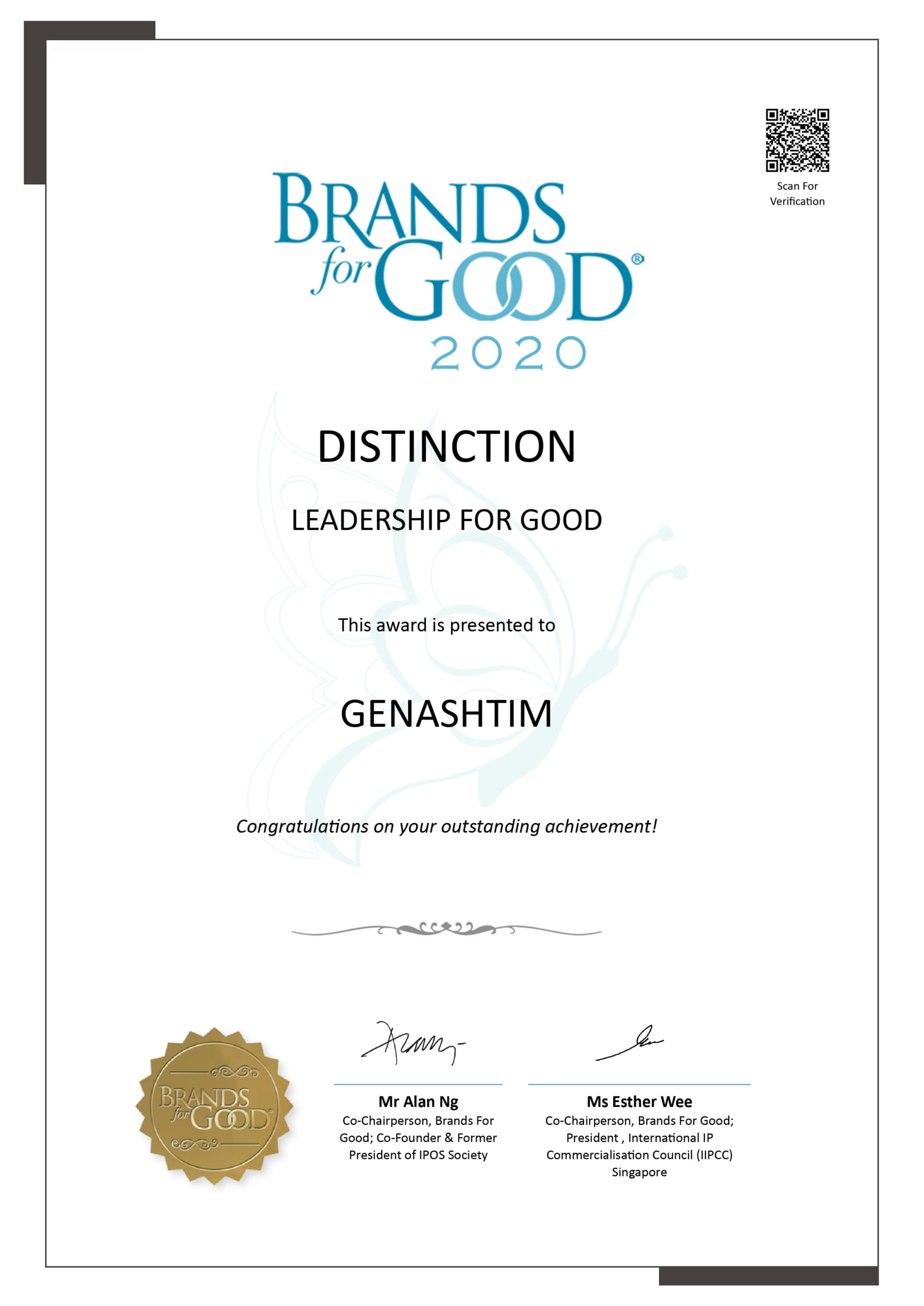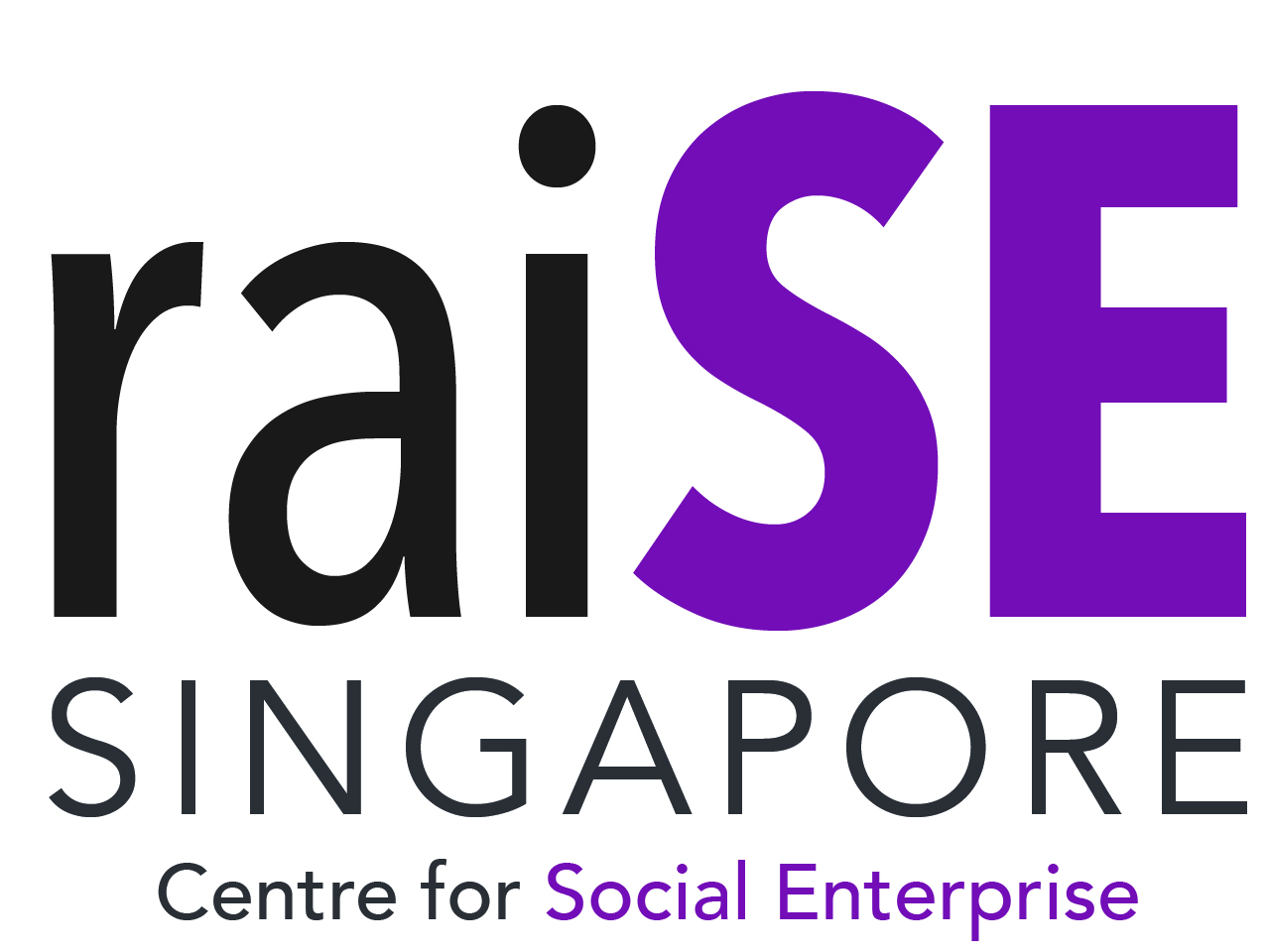Revive the Reading Habit to Restore Attention and Cognitive Function
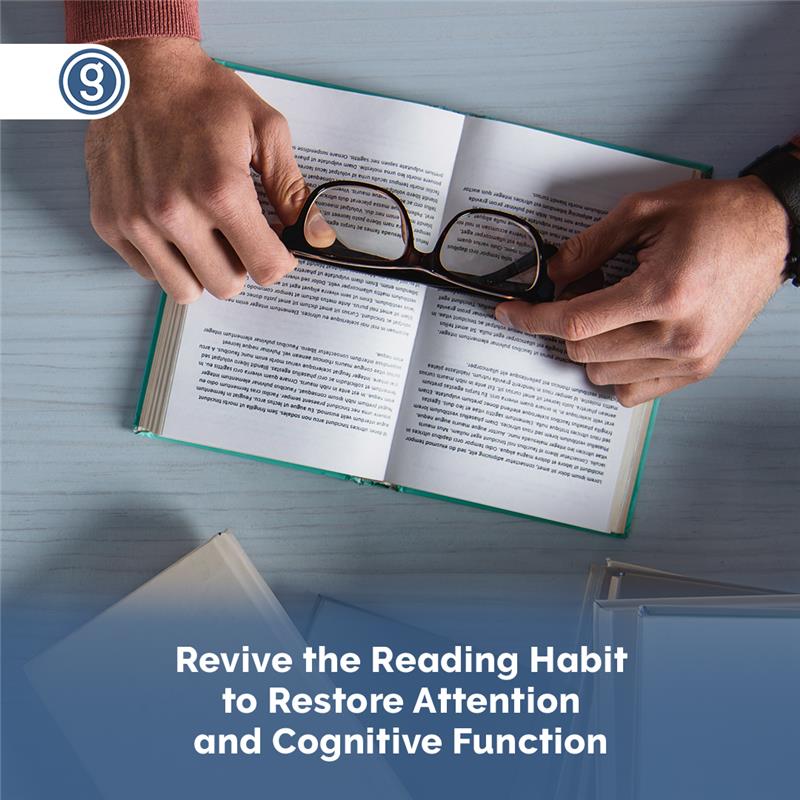
Written by: Hema Krishnan
From the moment I learned how to read, I’ve been inseparable from books, carrying one or two everywhere I went—even to hospital appointments or on school holidays at my grandparents. My dream was to build a home library when I grew up. Despite being teased as a bookworm, I found refuge, learning, and imagination through books.
As a former avid Reader’s Digest magazine reader, this quote from one of its 90s paperback editions resonated with me: “A good book is like an itch you can’t reach. You just can’t leave it alone.”
In the 21st century, technological developments shaped the itch into an insidious form that no one saw coming and swept us away.
The Dawn of the Digital Age
In the digital era, we have an endless itch for “weapons of mass distractions” installed in our phones, and we can’t leave our digital devices alone. Our attention span is now less than that of a goldfish—we lose focus within nine seconds. Doomscrolling on social media and infinite digital entertainment choices (movies and series on OTT platforms and video games) have replaced enriching, reinforcing hobbies, causing what scientists call brain rot . The damage to our cognition and mental capacity is so profound that Oxford chose “brain rot” as 2024’s Word of the Year.
Even songs and videos are fine-tuned psychologically to cater to our waning attention—they’re often less than three minutes. This worsens the situation, causing digital fatigue, leaving us dissatisfied and craving quicker dopamine fixes. We can neither sit through the classics nor finish reading a long article on the internet. This is often referred to in social media as TLDR – “too long, didn’t read”.
Print Copies to the Rescue
Despite the downturn in cerebral capacity caused by digital distractions, you can still salvage your brain and cognitive function by incorporating an undisturbed, uninterrupted reading routine into your daily life.
Although you can listen to audiobooks and read Kindle, or e-books, they aren’t ideal because they still belong to the digital category. Digital reads cannot replicate the physical benefits and extras that paper books offer:
- Olfactory sense: The distinct fragrance from paper books provides a calming effect.
- Tactile sense: The physical turning of pages and pressing them down so they don’t flip over keep you engrossed.
- Preservation sense: Using bookmarks and caring for books instill discipline.
- Organization sense: Arranging, dusting, and maintaining books foster mindfulness.
Print media holds a distinct appeal that sets it apart in today’s digital age. Unlike digital platforms, it offers a serene, meditative, and uninterrupted reading experience. Engaging with printed materials creates a calm, immersive space, free from the constant distractions of electronic devices. This focused engagement encourages a profound connection with the material, nurturing creativity and inspiring imagination.
According to a LinkedIn article, statistics show that 80-85% of online reading commitments go unfinished. Physical books, on the other hand, are consistently completed.
More Reasons to Bring Back Reading!
TLDR may be trendy, but it’s harmful. Not finishing something you started—be it a New Year resolution, an online post, or a book—reflects a deeper issue stemming from excessive social media usage. Doing things halfway and giving up easily is a symptom of brain rot.
The good news is brain rot is reversible, and reading paper books can help in the following ways:
- Improve memory, attention span, and cognition: Stay motivated to finish what you started.
- Elevate creativity and imagination: Visualizing words sharpens the mind.
- Receive longer-lasting dopamine trickles: Avoid instant gratification crashes.
- Enhance linguistic and writing skills: Expand your vocabulary and expression.
- Promote balance and stability: Compartmentalize your life effectively.
- Sleep better: Reading at night calms the mind and reduces screen-related fatigue.
- Boost your social life: Visit libraries, book fairs, and join book clubs.
- Restore mental and physical well-being: Foster resilience and a deeper connection to yourself and the world around you.
If you’re still unconvinced, maybe one of the most successful people of the century can change your mind.
Bill Gates: A Legendary Reader
Bill Gates, Founder of Microsoft, attributes much of his success to his voracious reading habit. Known for reading 50 books a year, Gates:
- Makes time for books: He reads about three hours daily and takes books on vacation.
- Takes notes: Gates writes in the margins or on a yellow legal pad.
- Prefers paper books: He values the benefits of physical books over digital formats.
- Reads before sleeping: Replacing his phone with a book is part of his bedtime ritual.
- Finishes what he starts: Gates won’t begin a book unless he plans to finish it.
According to Gates, reading fuels curiosity, builds context, and provides a foundation for learning and growth.
Practical Ways to Revive the Reader in You
Most of us don’t have three hours to read every day. However, with realistic adjustments, you can integrate reading into your life:
- Start small: Read 2-3 pages daily and gradually increase.
- Make it a family activity: Share books and read together.
- Visit libraries or second-hand bookstores: Find affordable options to build your collection.
- Turn off digital devices: Eliminate distractions to focus fully.
- Create a dedicated reading space: A quiet, device-free area enhances immersion.
- Explore book-based movies: Compare movies like Harry Potter with the original books.
- Invest in a bookshelf: Organizing your books motivates consistent reading.
- Try contemporary internet genres: Books like Troll Hunting and How to Break Up with Your Phone explore timely, relatable themes.
- Post milestones on social media: Engage with fellow readers for recommendations and discussions.
Conclusion
If you’ve reached this part of the article, congratulations! It means your attention span is intact. If you remember the key points highlighted, congratulations again—you passed with flying colors.
At Genashtim, we are deeply committed to the continuous upskilling of our employees. We believe fostering a culture of learning and growth is essential for personal and professional development. One of the ways we encourage this is through reading physical books and other printed materials. Reading alleviates digital fatigue, enhances concentration, expands knowledge, and nurtures patience. It offers a productive hobby outside of the digital world.
Books may have taken a back seat in the digital age, but they remain a powerful tool to counter the effects of constant screen time. By making small and consistent lifestyle adjustments, we can restore our cognitive abilities and mental well-being.
Remember, you didn’t succumb to doomscrolling and brain rot in one day. Similarly, you can’t undo its effects overnight. Be patient, consistent, and kind to yourself. Embrace the habit of reading and watch how it contributes to your growth and success.
Happy reading!














































